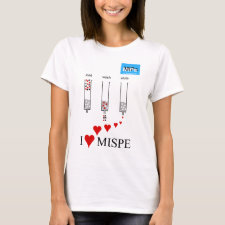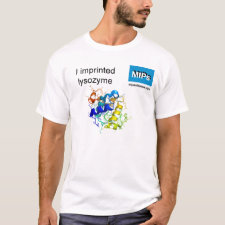
Authors: Lee MH, Thomas JL, Chen YC, Chin WT, Lin HY
Article Title: The complete replacement of antibodies by protein-imprinted poly(ethylene-co-vinyl alcohol) in sandwich fluoroimmunoassays.
Publication date: 2013
Journal: Microchimica Acta
Volume: 180
Issue: (15-16)
Page numbers: 1393-1399.
DOI: 10.1007/s00604-013-0995-6
Abstract: The replacement of antibodies by molecularly imprinted polymers (MIPs) has been investigated for many decades. However, indirect protocols (including natural primary and secondary antibodies) are still utilized to evaluate the ability of MIP thin films to recognize target molecules. MIPs can be prepared as either a thin film or as particles, and cavities that are complementary to the template can be generated on their surfaces. We have prepared thin film MIPs and particle MIPs prepared by solvent evaporation and phase inversion, respectively, from solutions of poly(ethylene-co-vinyl alcohol) (pEVAL) in the presence of the target analytes amylase, lysozyme, and lipase. These were first adsorbed on MIP thin films and by MIP particles that contain fluorescent quantum dots. Sandwich fluoroimmunoassays were then conducted to quantify them in MIP-coated 96-well microplates. The method was applied to determine amylase in saliva, and results were compared with a commercial analytical system
Template and target information: protein, amylase, lysozyme, lipase
Author keywords: molecular imprinting, Sandwich fluoroimmunoassays, Salivary proteins, Poly(ethylene-co-vinyl alcohol)



Join the Society for Molecular Imprinting

New items RSS feed
Sign-up for e-mail updates:
Choose between receiving an occasional newsletter or more frequent e-mail alerts.
Click here to go to the sign-up page.
Is your name elemental or peptidic? Enter your name and find out by clicking either of the buttons below!
Other products you may like:
 MIPdatabase
MIPdatabase









